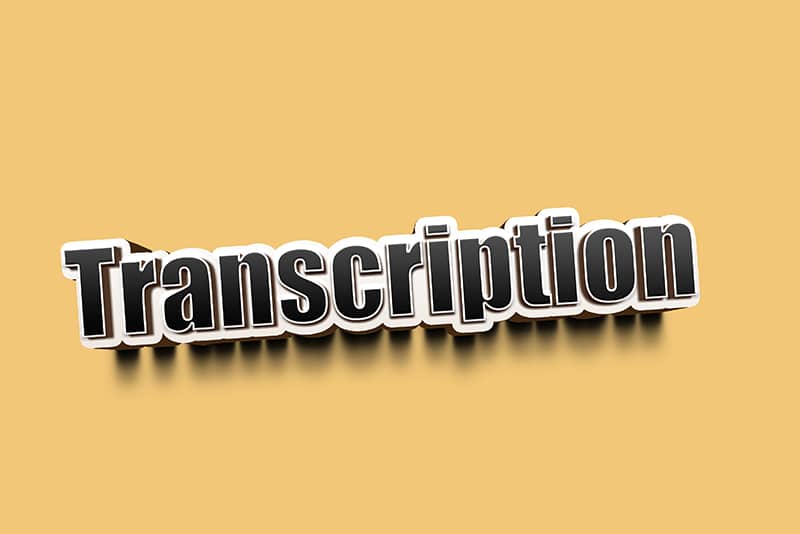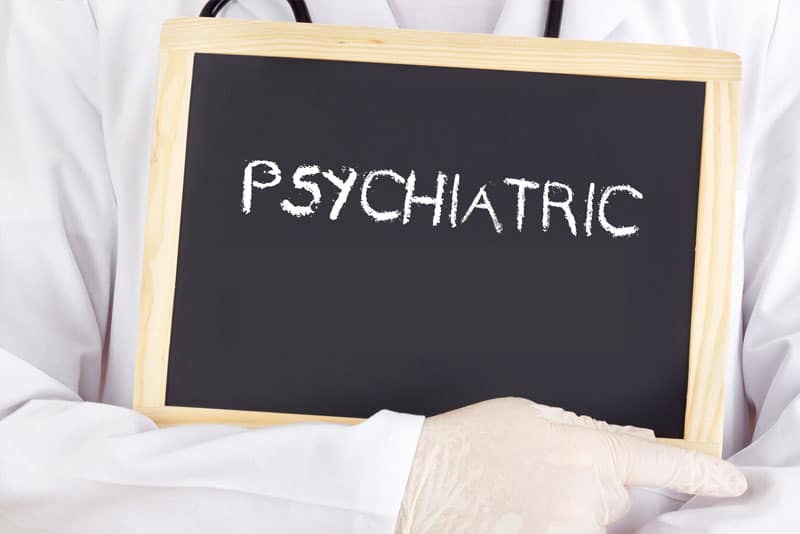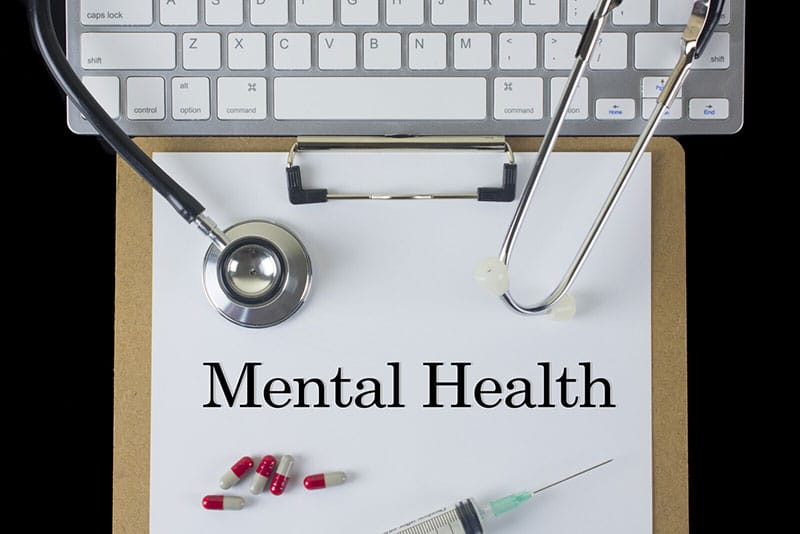Each year, about 1 in 5 adults in the U.S. (46.6 million) experiences mental illness, according to the National Alliance on Mental Illness (NAMI). Mental health transcription services help therapists to maintain electronic medical records to accurately reflect their patients’ clinical condition. Good record-keeping is crucial in psychiatry practices to promote better communication and care as well as continuity, consistency, and efficiency.
With national OpenNotes initiative that works to give patients easy access to their health care visit notes, providers need to ensure that EMRs contain accurate lists of medications, symptoms, health problems, etc. A new survey conducted as part of a study published in the Journal of Medical Internet Research found that patients had a positive experience with reading their notes in their EMR.

Challenges facing Mental Health Treatment
Despite increased public awareness about mental health issues and the need for open communication to manage the condition, many people delay treatment. A report in Psychology Today reported on the challenges facing mental health treatment:
- People find it difficult to accept they may have a mental illness and worry about the potential stigma associated with seeking mental health treatment.
- Many people who need mental health services cannot access suitable treatment.
- For those who get treatment, the type and quality of the therapy can vary quite widely. Studies show that the type of treatment would depend on many factors, such as individual choices and preferences, organizational values and resources, systems/policy level factors, etc.
- There is lack of consensus about the type of mental treatment that a particular patient should receive.
OpenNotes can transform Health Care, say Studies
After the patient visit, the therapist or mental health provider summarizes the information from the visit in a note that becomes part of the patient’s medical record. The note usually contains a diagnosis, information patients share with the clinician, medication updates, the medical assessment, a treatment plan or next steps, and other pertinent information from the visit.Many practitioners rely on a psychiatry transcription service providerto ensure accurate and timely documentation.
Reporting on the recent survey, the American Medical Association (AMA) points out that shared notes are especially useful for involving patients in their own care and building trust among “vulnerable patients with a lower sense of control”. The study survey, which was conducted in 2017, included responses from 23,710 patients or their caregivers from Beth Israel Deaconess Medical Center (BIDMC), the University of Washington Medicine system and the Geisinger system.
- About two-thirds of patients said they benefited from reading their notes
- Only 3.3% said they were confused by their notes
- Only 4.8% said reading their notes made them more worried
Therapists who implement the OpenNotes program share visit notes with patients, either online using secure patient portals, or on paper. The key benefits of shared notes include:
- Improved communication
- Improved safety
- Reminds patients of their health plan
- Patients can follow up on recommended procedures, tests or appointments, which can improve adherence
- Better patient-doctor relationships
- Helps patients be better prepared for physician-office visits – patients can review steps taken, any changes or new problems they have, and prepare questions to ask their therapist at the appointment
A 2013 study noted that by writing notes useful to both patients and themselves and then inviting patients to read these notes, clinicians can help patients address their mental health issues more actively and reduce the stigma they experience (www.opennotes.org). Patients tend to feel empowered when they realize their own abilities in reading notes, talking about them with their clinician, and putting them to constructive use.
Access to Visit Notes – Privacy Concerns
There are several things that physicians need to keep in mind while giving patient access to clinical notes. One key concern is privacy, according to the recently published study. The authors noted that almost 11.5% of clinicians and patients said they were “very concerned” about privacy, and less than half reported actively addressing the shared notes during visits. The AMA STEPS Forward™ module recommends the following measures to address this concern:
- Having a process in place for patients to privately and securely grant access to their records and visit notes to another person of their choosing
- Let patients know they may have the chance to decide which notes can be viewed
- Tell patients that they can withdraw viewing privileges from a proxy or caregiver at any time
The module also notes that clinicians can “hide” certain notes from patients and discuss them in person later.
While patients have the right to access to their record, mental health providers must still satisfy documentation standards and professional requirements. Experienced US based medical transcription companies are well equipped to help them with this.


